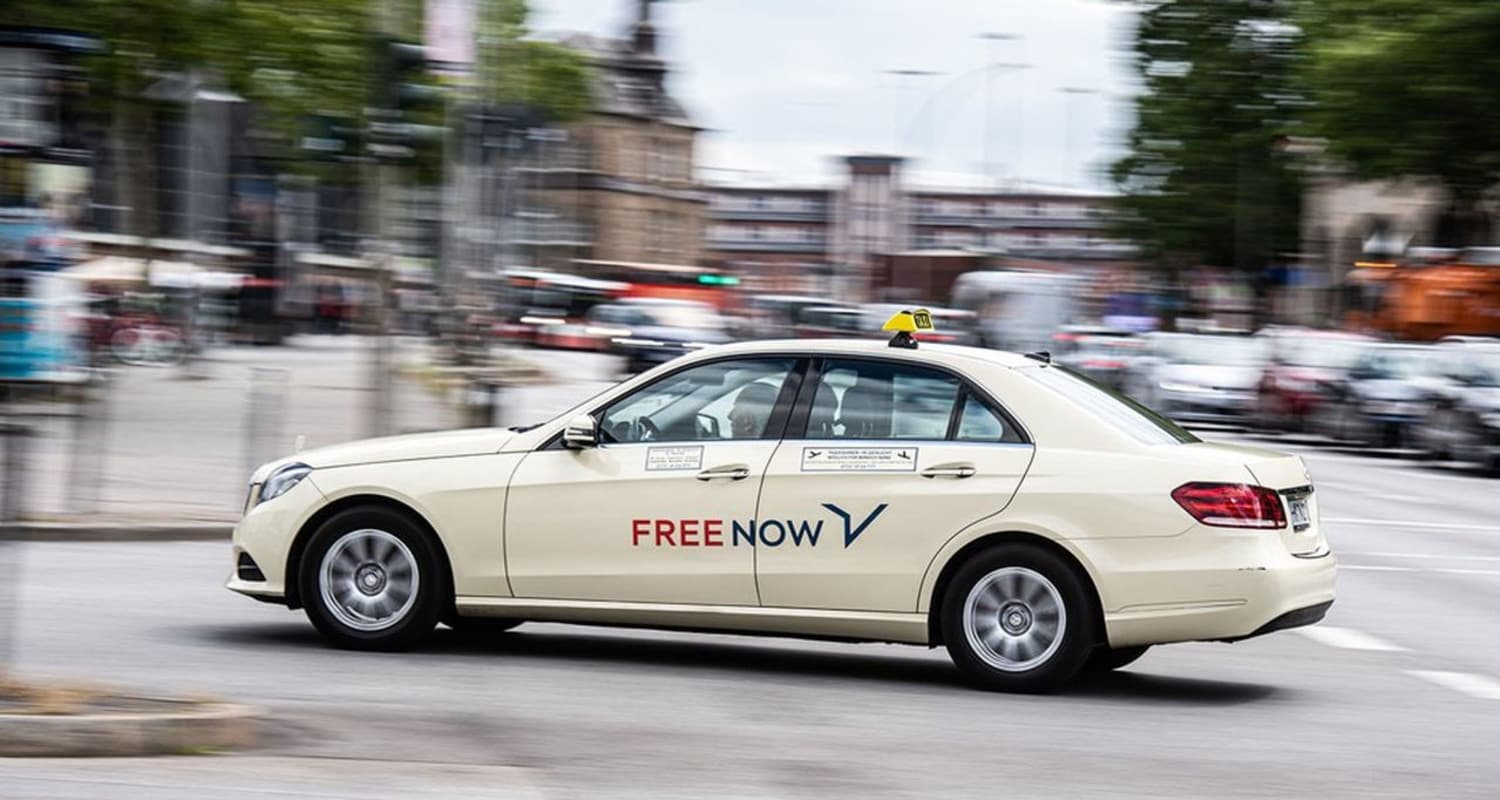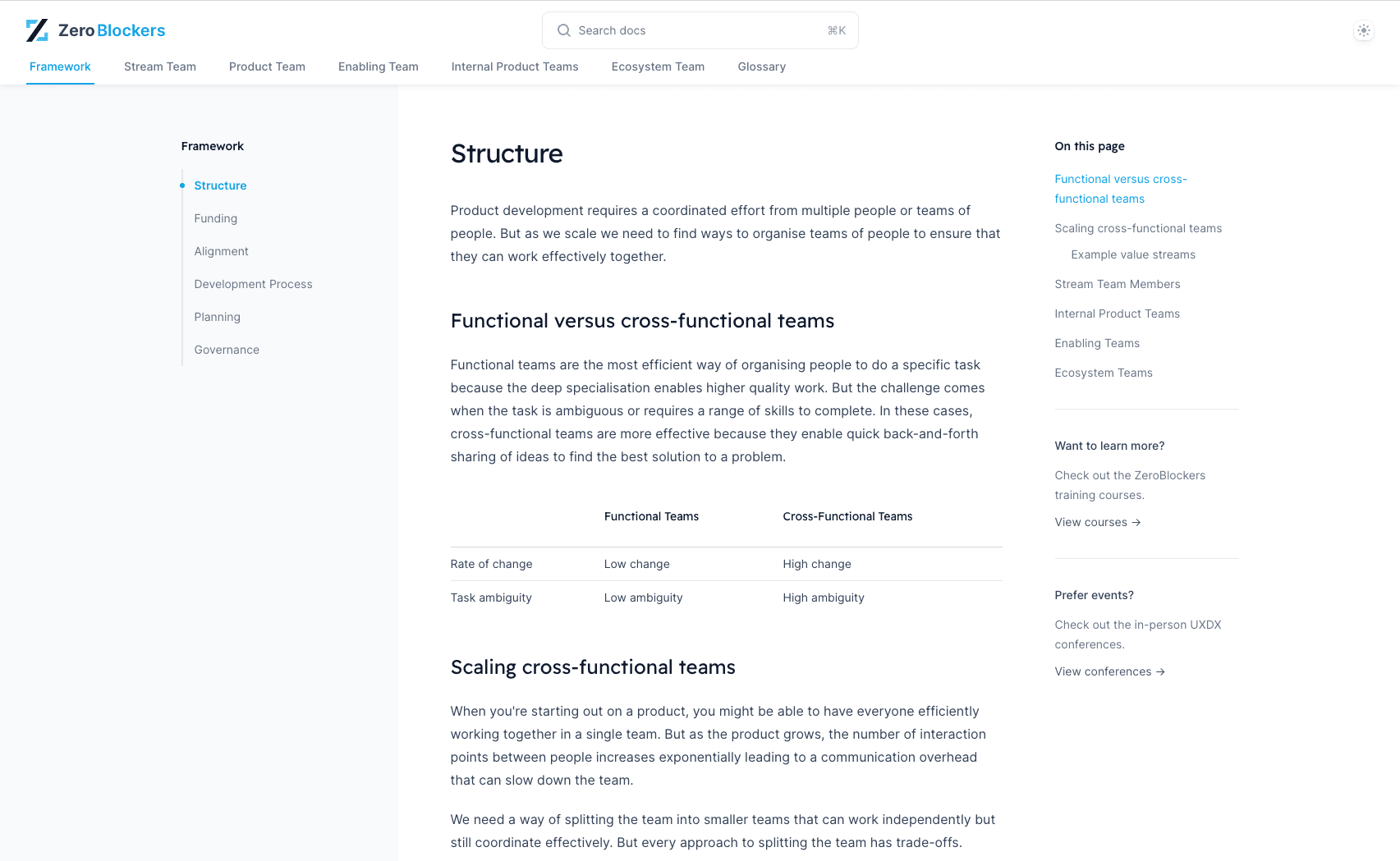Case StudyProduct Team: Aligning With Stream Teams,Aligning With The Ecosystem - Driving Business Transformation with OKRs at FREENOW
FREENOW, a leading mobility service provider, faced the challenge of transforming its business operations to stay competitive in a rapidly evolving market. The company needed to build a high-performance team capable of driving innovation and achieving strategic goals. Despite having a talented workforce, FREENOW struggled with aligning team efforts, maintaining focus on key objectives, and ensuring that every team member contributed to the company's broader mission.

The Solution
FREENOW implemented the OKR framework, a goal-setting methodology designed to enhance alignment, focus, and accountability within the organization. The implementation process involved several key steps:
- Understanding OKRs: FREENOW began by educating its teams about the OKR framework, emphasizing its importance in aligning individual efforts with the company’s strategic goals. This involved workshops and training sessions to ensure that everyone understood how to set effective objectives and key results.
- Setting Ambitious Objectives: The next step was to define clear and ambitious objectives that aligned with FREENOW’s strategic vision. These objectives were designed to challenge teams and drive significant improvements in various areas of the business, including product development, customer satisfaction, and operational efficiency.
- Defining Measurable Key Results: For each objective, specific and quantifiable key results were established. These key results served as benchmarks for success, allowing teams to track progress and stay focused on achieving their goals. The key results included metrics such as user growth, engagement rates, and operational performance indicators.
- Promoting a High-Performance Culture: Implementing OKRs fostered a culture of high performance and accountability. By making objectives and key results visible to all team members, FREENOW promoted transparency and encouraged individuals to take ownership of their contributions.
- Regular Check-Ins and Adaptations: Regular check-ins and review meetings were instituted to monitor progress and make necessary adjustments. These sessions provided an opportunity for teams to discuss challenges, celebrate achievements, and refine their key results to stay aligned with evolving business needs.
Outcomes achieved
The adoption of OKRs at FREENOW led to substantial improvements in team performance and business operations:
- Enhanced Alignment and Focus: The clear definition of objectives and key results ensured that all team members were aligned with the company’s strategic goals. This alignment helped to focus efforts on the most critical areas and avoid distractions.
- Increased Accountability: The transparency of OKRs fostered a culture of accountability. Team members understood their roles and responsibilities better, leading to greater ownership of tasks and improved performance.
- Improved Performance Metrics: The quantifiable nature of key results allowed FREENOW to track progress in real-time and measure success accurately. This visibility helped in identifying areas for improvement and driving continuous performance enhancements.
- Cultural Transformation: The regular review and adaptation process facilitated a cultural transformation within FREENOW. By continuously assessing and refining their goals, teams were able to stay agile and responsive to market changes, fostering a culture of innovation and adaptability.
- Business Growth: The structured approach of OKRs provided a clear pathway for achieving strategic objectives. FREENOW experienced significant growth in user engagement, operational efficiency, and overall business performance, positioning the company for long-term success in the competitive mobility market.
